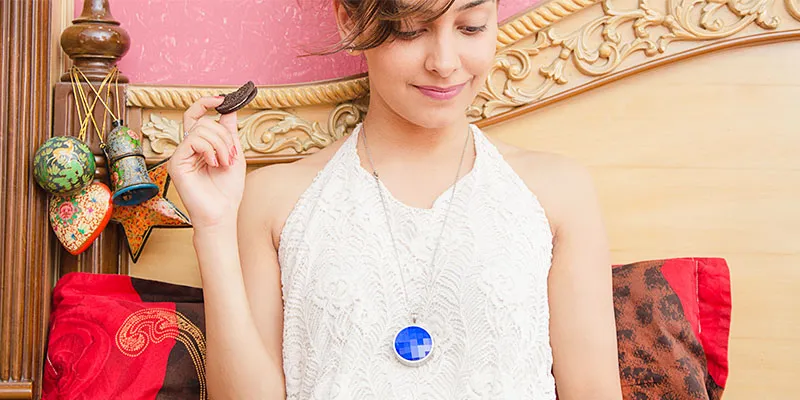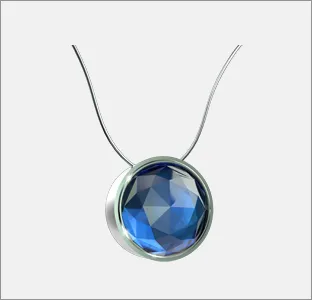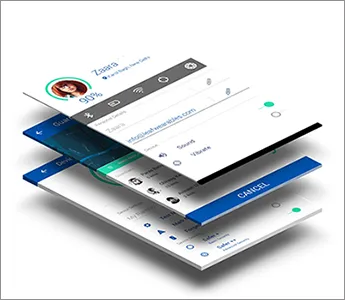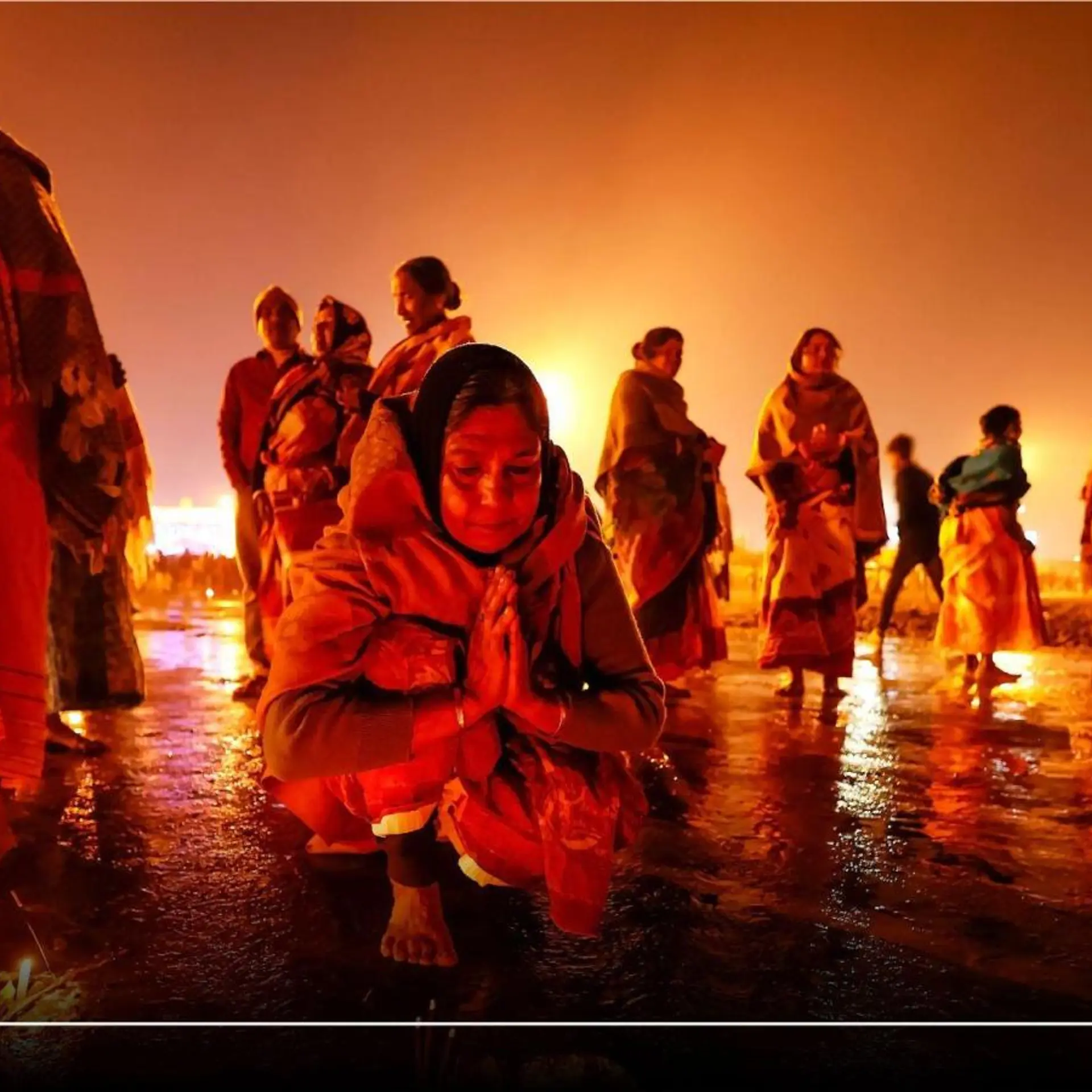How this Delhi-based startup is approaching safety issue of women beautifully

Sometime in July 2014, Paras Batra, who used to live in Munirka, realised that the neighbourhood, infamous for the brutal Nirbhaya incident, was still as eerie as it used to be in 2012.
They could not have changed the eeriness of the place, but they knew they could empower women who had to travel around such areas.
“We analysed that existing solutions like pepper sprays were not good as they could be used against the user herself, whereas other safety apps were not practical, as they expected their endangered user to take out her phone from her handbag, unlock it, and then find the app,” said Paras.
They studied the wearables market and understood that expecting people to wear something extra would also not work. Hence, they eventually zeroed in on smart jewellery.
Leaf Wearables. was founded by five IIT Delhi graduates – Avinash Bansal, Ayush Banka, Chiraag Kapil, Manik Mehta, and Paras Batra – when they were still in college last year. They developed, SAFER, a jewellery-embedded app, which works as a SOS signal transmitter that sends signals to a pre-registered set of guardians, and others app users in the vicinity.
The product – a combination of beauty and intelligence

The SAFER device (pendant and chain) is connected to the SAFER app on the phone via Bluetooth low energy. The app uses GPS and cellular network to send alerts along with the location to friends and family. All the communications can happen over both, the Internet and text SMS.
There were many options for the jewellery they wanted to first focus on, but they selected the pendant for a reason.
“It's easily accessible if it's a pendant and also you can hide it if you do not want to show off on a certain occasion. This was a part of the intensive design research that was conducted before finalising the pendant,” added Paras.
It is designed by women product designers, and comprises a highly refractive diamond cut glass crystal with a button behind it. Double pressing the button triggers the app and in turn sends alerts with the location to pre-designated guardians.

The Delhi-based startup has also added another interesting feature into the app – the SaferWalk, which allows nominated guardians to monitor the user’s movement at any given time.
The pendant, available in three colours –blue, green and black – costs Rs 3,500 each. The startup raised around five lakhs through pre-orders on Ketto, an Indian crowdfunding platform, where they offered their product at a discounted price.
The Leaf team has been bagging prizes at various business plan and product idea contests, including GITEX, Dubai, Ericsson Innovation Awards, Philips Blueprint 2014, and Eureka in IIT Bombay.
They even got selected to be part of the India Innovation Growth Program (IIGP), through which they met Narendra Modi at the Startup Konnect Event in San Francisco.
The Valley experience – an eye opener
When I asked Manik, who represented Leaf there, about what he thought was the one thing that distinguished the Silicon Valley from India, his answer was instant.
“There are many differences. But the biggest difference is that failure is not looked down upon. I met a person who has done seven different startups, he failed every time. But he is so proud of all seven. Failed startups for them are like medals of honour. However, in India, if someone starts something, and fails, peers and society look down upon them.”
The opportunity and future of SAFER
A report by Transparency Market Research predicts that the global wearable technology will reach US $5.8 billion in 2018, up from a valuation of US $ 750 million in 2012. This means a compound annual growth rate (CAGR) of 40.8% from 2012 to 2018.
“We believe that this shift from jewellery to smart jewellery will be as revolutionary as the shift of feature phones to smart phones,” said Manik, adding that they plan to launch more designs in the safety wearables space, and will soon cater to children and senior citizens soon.
On their vision, Manik said, “We want to make one million families safer by 2017.”







